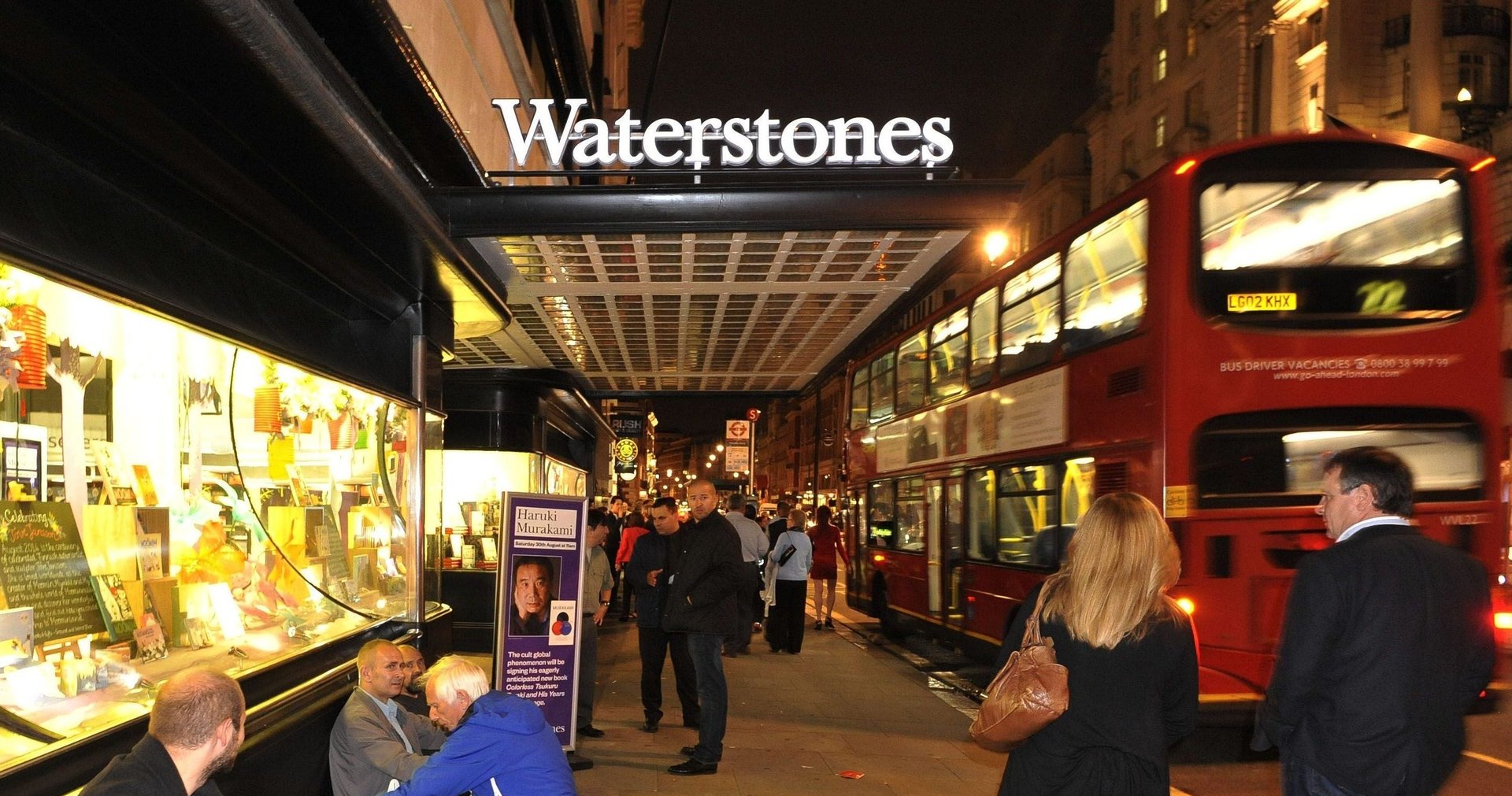A huge bookstore chain is opening new locations pretending to be indie shops
The next time you step into a hushed, quaint bookstore, check the fine print.


The next time you step into a hushed, quaint bookstore, check the fine print.
For the last four years, the UK bookstore chain Waterstones has opened small shops without its name in their storefront signs. Instead, the signage generically indicates the town in which the store is located: Southwold Books, in Southwold, for example. Monday the company announced it would open another such bookstore next year in the suburbs of Edinburgh called Stockbridge Books.
It quickly backtracked today, saying its new store would clearly say “Waterstones.” CEO James Daunt had said in interviews Waterstones aimed to open unmarked stores in regions where there were no indie bookstores, but as critics pointed out, Stockbridge does have its own local bookstore. “Literally, I forgot entirely that they existed, which is one of the perils of a big chain…the left hand sometimes doesn’t know what the right hand is doing,” Daunt said in an interview with the Guardian. (Waterstones has not responded to request for comment.)
Last year, when nearby small business owners and other indie bookstores caught wind of the unbranded stores, they were deeply critical, saying the company was deliberately attempting to hide its ownership. At the time, the Southwold location had a small, handwritten sign in its window indicating its ownership: “Southwold Books is the trading name of Waterstones Booksellers Ltd.”
“We decided that as they were very small bookshops in very small towns, it was barmy to call them Waterstones,” Daunt told the Guardian in March.
In the US, there are more than 700 college bookstores operated by Barnes & Noble Education, a company spun-off and separate from the Barnes & Noble chain. These include old, beloved ones like The Coop, which serves Harvard and MIT, and as of this month, Moravian Book Shop, the oldest bookstore in the US.
But the Waterstones strategy is not otherwise mimicked by US general-interest chain bookstores—though perhaps it should be. It’s a smart move, considering that behemoth (and usually soulless) bookstores are under a two-prong attack from the efficient, everything-ness of Amazon and the return of the indie bookstore. The American Booksellers Association, which advocates for independent bookstores, says that in the mid-1990s, its membership peaked with around 4,000 member locations, and hit a low in 2009. Since then membership has grown steadily: